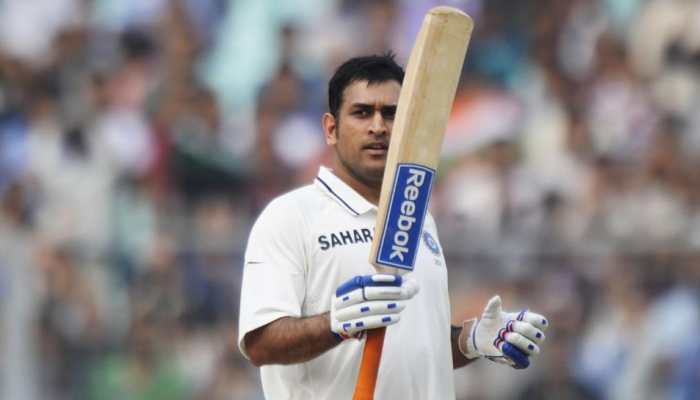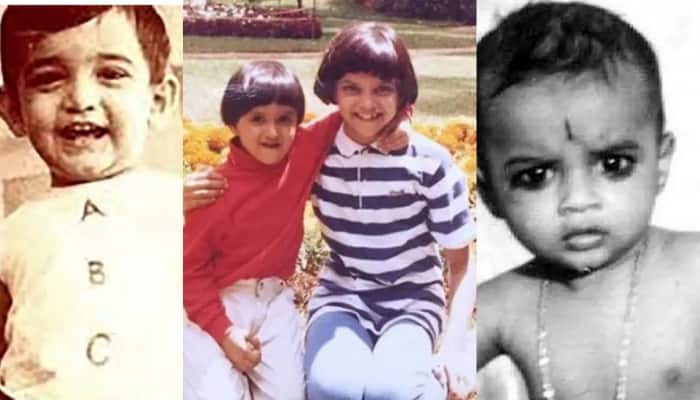Pak court indicts Musharraf; rejects plea to travel abroad
Former Pakistani dictator Pervez Musharraf was on Monday indicted by a special court on five counts of high treason, becoming the first ever military ruler to face criminal prosecution that may potentially lead to the death penalty.
Trending Photos
)
Islamabad: Former Pakistani dictator Pervez Musharraf was on Monday indicted by a special court on five counts of high treason, becoming the first ever military ruler to face criminal prosecution that may potentially lead to the death penalty.
In another setback to 70-year-old Musharraf, the court, on technical grounds, rejected his application seeking permission to travel abroad for treatment and to meet his mother who is hospitalised in a Sharjah hospital.
The high-profile treason case against the former President is seen as a setback for the country`s powerful army that apparently looked like moving to protect Musharraf when he was shifted to a military hospital in early January.
Musharraf, who personally appeared in court, is accused of treason for suspending, subverting and abrogating the Constitution, imposing an emergency in the country in November 2007 and detaining judges of superior courts.
If found guilty, he faces the death sentence or life imprisonment.
Musharraf, who is the first military ruler in Pakistan`s history to be tried in court, rejected all the charges levelled against him.
He pleaded "not guilty" to the charges that were read out by Justice Tahira Safdar of the Balochistan High Court.
Reading out from his notes, Musharraf said that he gave 44 years of his life to the Pakistan Army and made defence invincible. He said he gave repute and progress to the country.
"I honour this court and prosecution, I strongly believe in law, I don`t have ego problems and I have appeared in court 16 times in this year in Karachi, Islamabad and Rawalpindi," Musharraf said.
"I am being called a traitor, I have been chief of army staff for nine years and I have served this army for 45 years. I have fought two wars and it is treason?," he questioned.
Prosecutor Akram Sheikh in reply said he has never used the word "traitor".
Amid tight security, the three-judge bench headed by Justice Faisal Arab of the Sindh High Court read out the indictment against Musharraf.
Prior to the indictment, Farogh Naseem, a new lawyer in Musharraf`s defence team, requested the court to allow the former president to travel to the UAE to meet his 95-year-old ailing mother.
He said the Constitution did not allow anyone to restrict the movements of a citizen.
Naseem said Musharraf had arrived in court voluntarily and the warrant against him had not been implemented.
He argued that Musharraf himself was unwell and that his proper treatment was only possible in the US.
Rejecting his application for seeking permission to travel abroad, the special court ruled that it did not have the powers to do so as it was functioning under a specific law.
The court ruled that it did not put Musharraf`s name on the Exit Control List (ECL) and a review can be done by the federal government.
Anybody whose name is on ECL cannot leave the country without permission.
The court said Musharraf is not in its custody and he is a free man.
Postponing the hearing to April 14, the court said he will have to appear before it as and when asked to do so.
However, it ruled that exemption can also be granted on specific days in case of a justifiable reason.
Security measures at the court were beefed up in anticipation of Musharraf`s appearance in court, in compliance with an order issued on March 14, demanding his presence enforced or voluntary in the dock.
Musharraf was admitted to the Armed Forces Institute of Cardiology (AFIC), Rawalpindi, on January 2 after he complained of "heart problem" on his way to the court.
Following the hearing, Musharraf was rushed back to the hospital in Rawalpindi accompanied by a security convoy of dozens of vehicles and government-provided security personnel.
The military has ruled Pakistan for about half of its 66-year history and no ruler or top military commander has ever faced criminal prosecution before Musharraf.
Musharraf came to power in a bloodless coup in 1999, deposing then-prime minister Nawaz Sharif.
Musharraf, facing impeachment following elections in 2008, resigned as president, and went into self-imposed exile in Dubai.
Since Musharraf returned to Pakistan from self-exile in March last year, he has faced prosecution in four major cases, including for his alleged involvement in the murder of former prime minister Benazir Bhutto in 2007 and the killing of Baloch nationalist leader Akbar Bugti in 2006.
Stay informed on all the latest news, real-time breaking news updates, and follow all the important headlines in india news and world News on Zee News.
Advertisement
Live Tv
Advertisement







)
)
)
)
)
)
)
)
)
)
